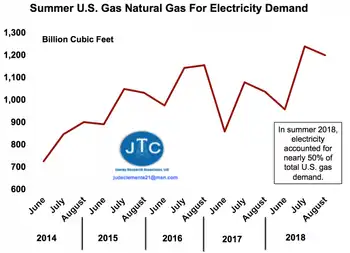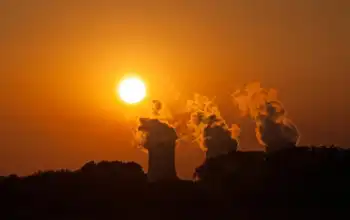Russian nuclear energy sector safe - official
- There are no serious safety problems in Russia's nuclear energy sector, the chief of Russia's Gosatomnadzor [state nuclear safety inspectorate], Andrey Malyshev, told an ITAR- TASS correspondent recently. However, he believes that sufficient attention should still be paid in Russia to safe operation of nuclear enterprises and nuclear material storage.
According to Malyshev, "Gosatomnadzor will continue developing enactments and laws regulating nuclear and radiation safety, and prepare recommendations and practical measures to ensure that safety norms are strictly observed at nuclear facilities."
The Gosatomnadzor chief stressed that the list of enterprises controlled by his agency "includes `dual-purpose' facilities, and the quality of [safety] control at these facilities raises a number of questions". Nonetheless, "there are serious intentions to coordinate inspection work with the military". "This applies first and foremost to fissionable material storage facilities," Malyshev said.
He also said that Gosatomnadzor currently exercised control over 454 facilities. This year, "we issued 5,500 licences for handling fissionable materials and carried out 5,618 inspections", he said.
As regards plans to ship foreign spent nuclear fuel into Russia, Malyshev said he would personally consider each nuclear waste import project and decide, in cooperation with Gosatomnadzor specialists, "whether or not a project is safe for Russia's ecology in line with certain criteria".
Related News

Nonstop Records For U.S. Natural-Gas-Based Electricity
WASHINGTON - As the hot months linger, it will be natural gas that is leaned on most to supply the electricity that we need to run our air conditioners and keep us cool.
And this is surely a great and important thing: "Heat causes most weather-related deaths, National Weather Service says."
Generally, U.S. gas demand for power in summer is 35-40% higher than what it was five years ago, with so much more coming (see Figure).
The good news is regions across the country are expected to have plenty of reserves to keep up with power demand.
The only exception is ERCOT, covering 90%…




